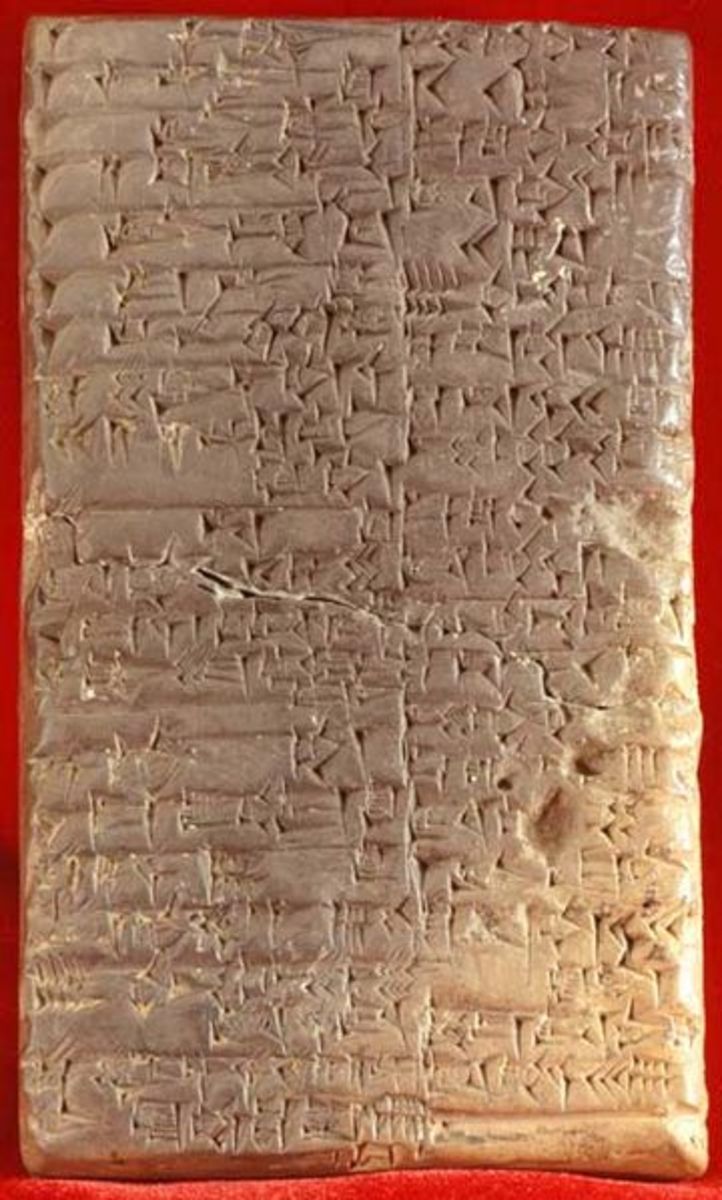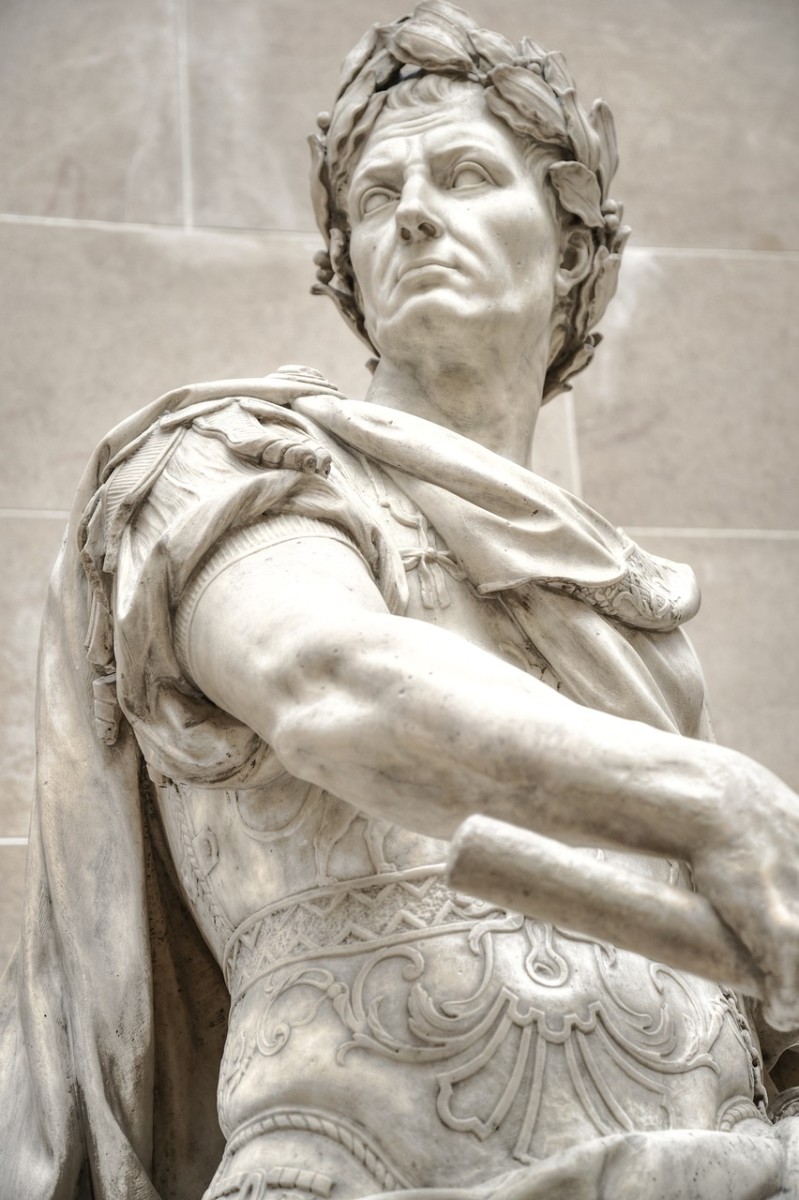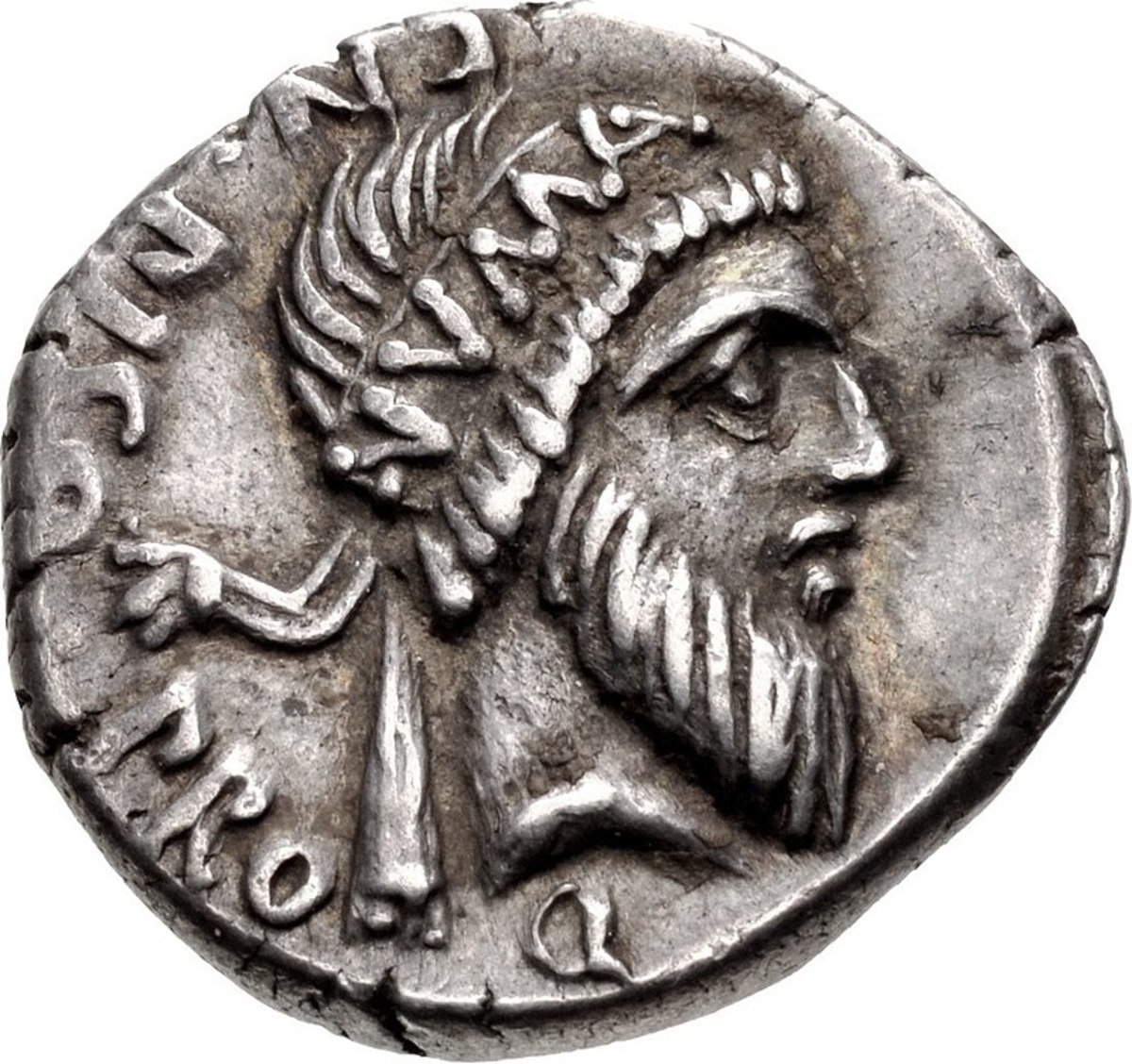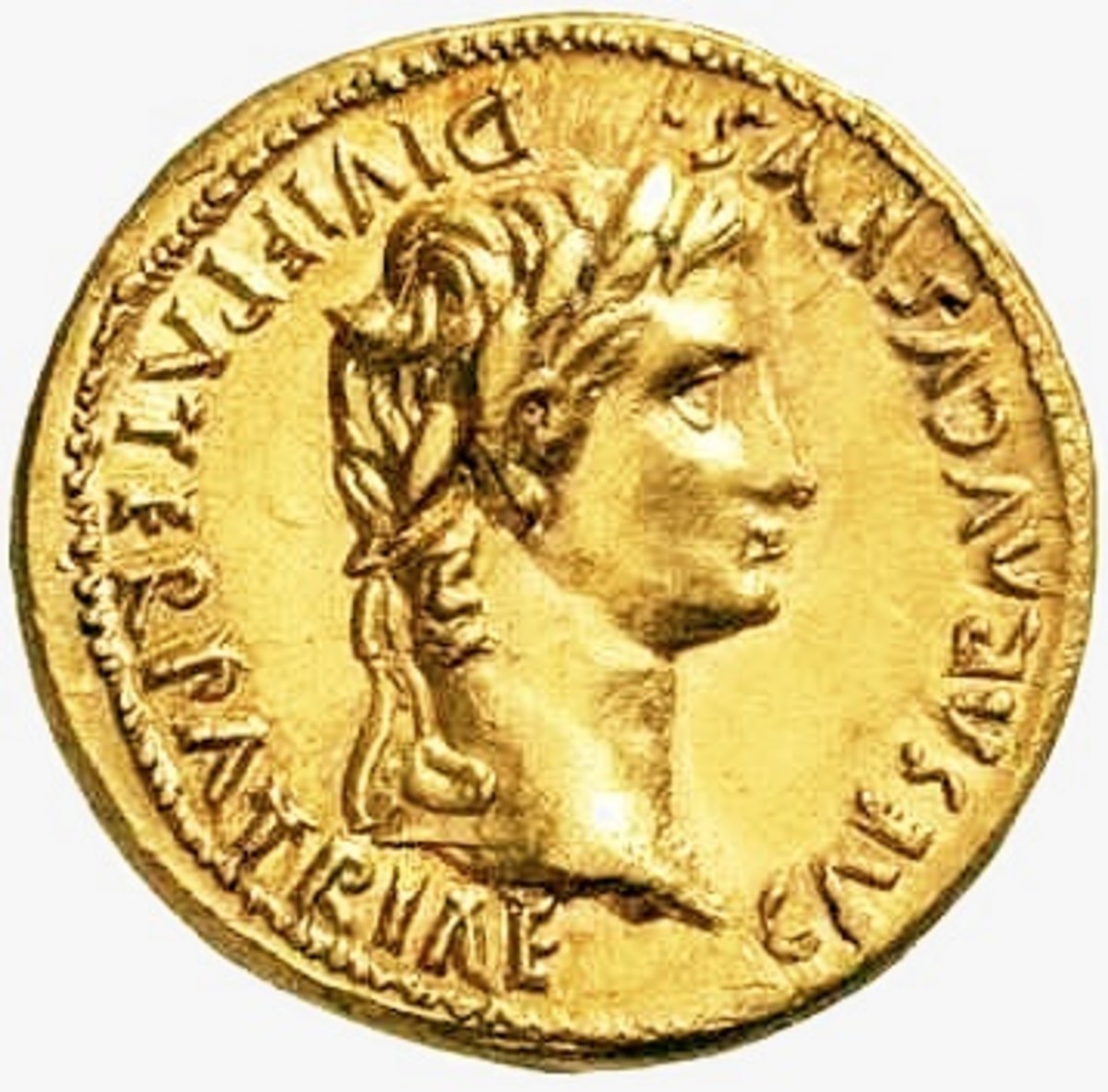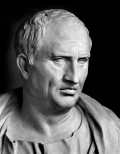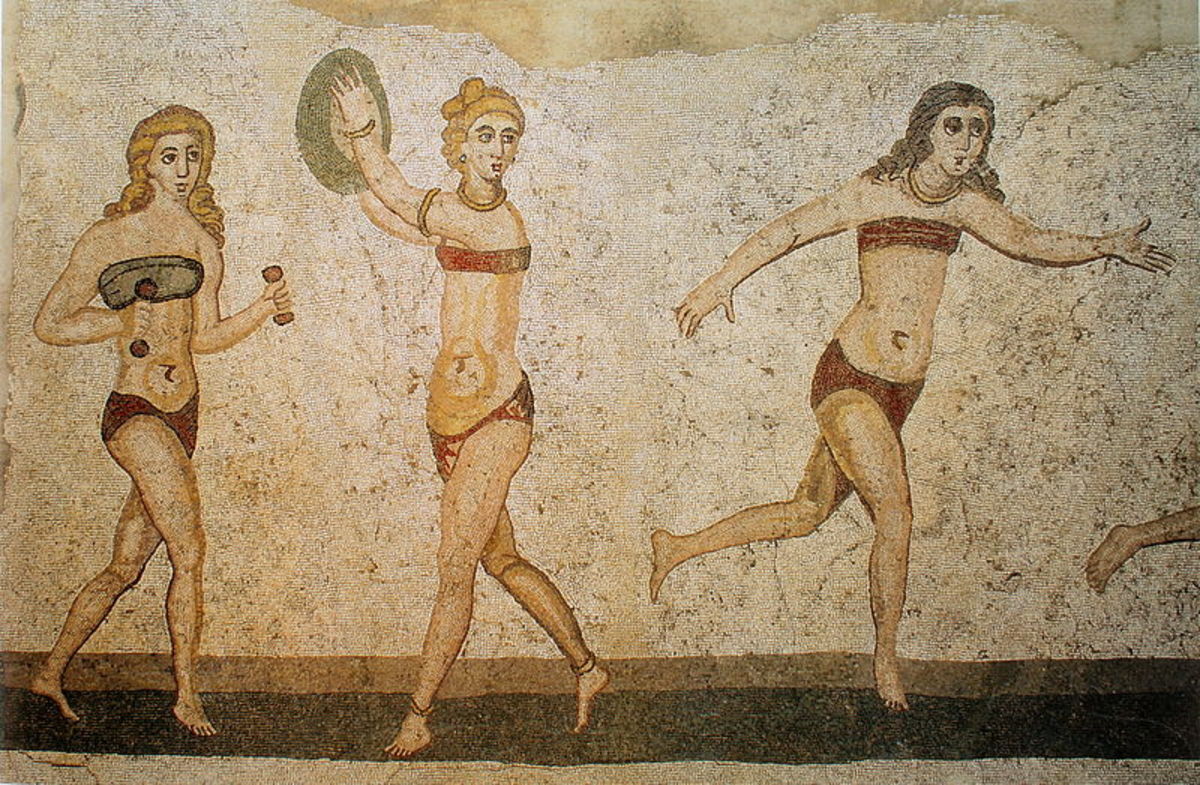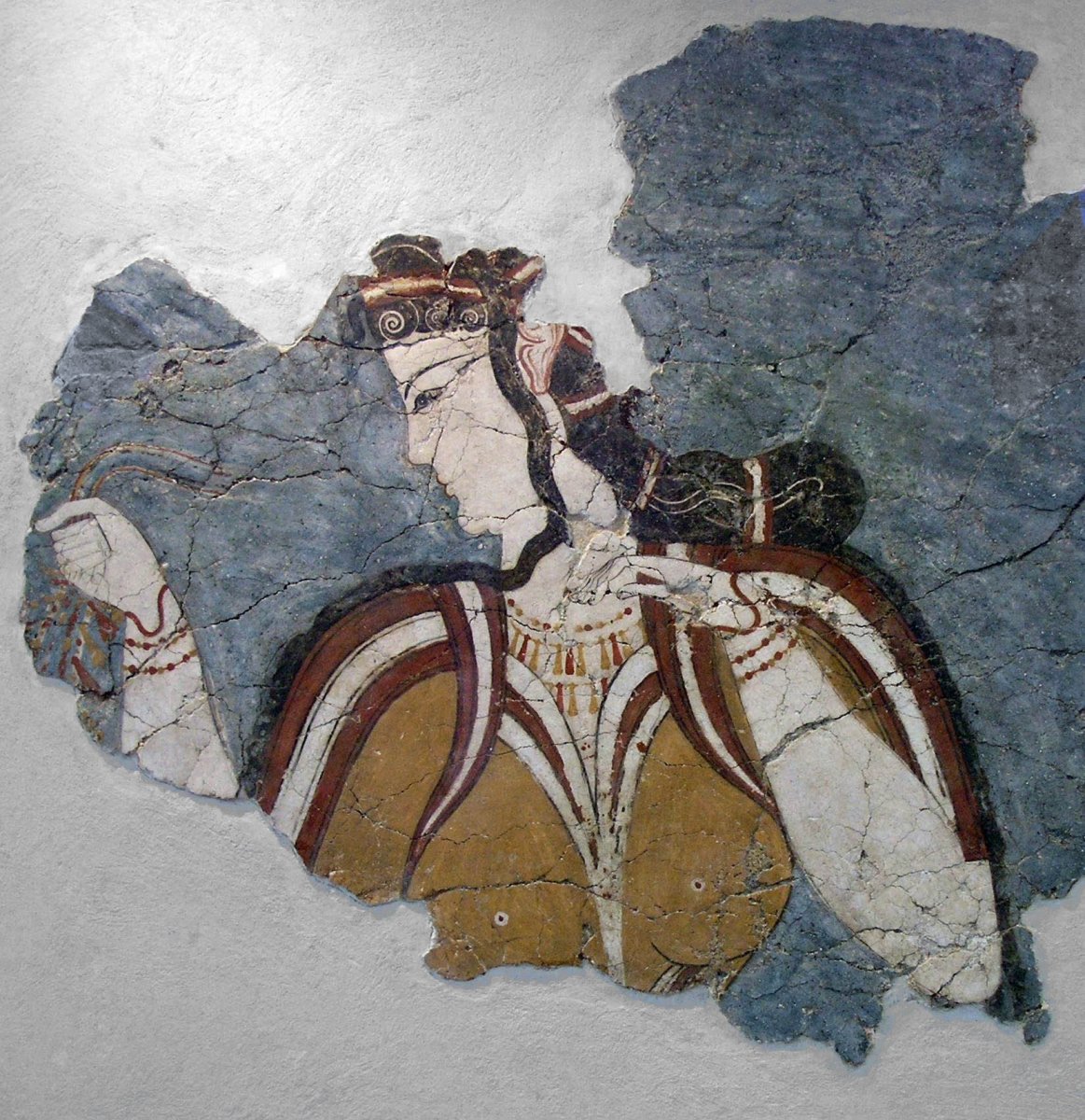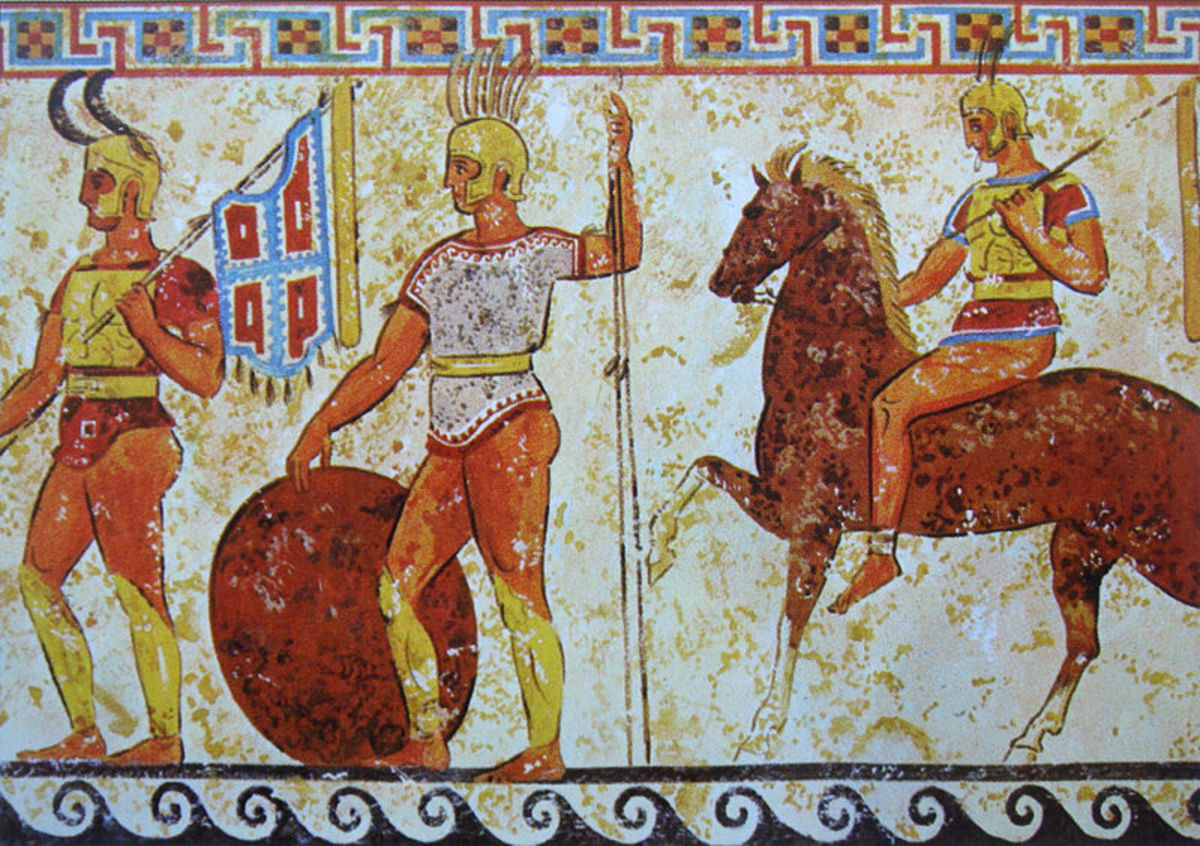Ancient Civilizations: Rome
Rome has a long history, of traditions, culture, and influence that is still felt around the world today. Rome was first established according to historical documents around the year of 753 B.C. The founders of the Great Roman Empire were Romulus and Aeneas. Some historical text also point to a third founder. However, there is much debate on his involvement. His name was Evander. Rome was first founded on the small peninsula that was mainly a group of nomads and farmers. Little known to it would soon become one of history’s greatest empires.

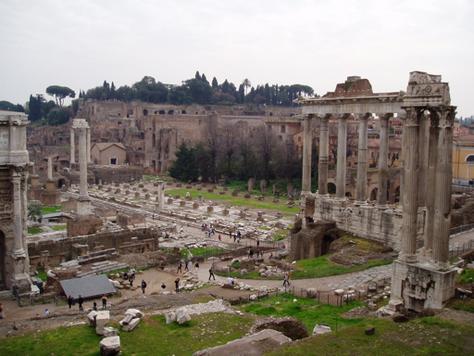

Roman history is generally broken up into several different time periods. The phases of roman history are Roman Kings, Early Roman republic, Late Republican Period, and The Roman Empire. All of these areas define how Rome started and fell through the years. It helps us clearly define the power struggles, growth and cultural developments it went through. There are clearly defined shifts in political and cultural power between each distinct period.
Roman Kings
Roman Kings was the start of the Roman Heritage. During this historic time,period there is on record a total of 7 different kings that ruled. Each of these kings brought in their own style of government and cultural backgrounds from Sabine, Etruscan and Roman. The first people to rule Rome was the Etruscans. They fought with other clans in the area that competed with each other for primary dominance over the land. The Etruscan won these small skirmishes and established political dominance over the area by the end of the 7th Century B.C
Roman Republics
Rome was official founded as a Republic in 509 B.C. The need for change from political monarchy to a Republican system was needed. They borrowed many of the democratic ideas that had long been established in ancient Greece. They improved upon some of the ideals for their own purposes in a new ruling government. According to Ancient writings of Rom it was Lucius Junius Brutus that removed the last standing roman King from power. The last king of Rome during this time was Tarquin the proud. Brutus helped establish a new Representative assembly, election system and a new order to the Roman republic. There is still evidence in today’s modern political systems of representation of the people that have been borrowed from Roman political systems.
Rome established the republic early. However, history has broken it down to early and late republic because they were considerably different. The late republic starts after the Punic wars ended around the #rd Century B.C. This is when Rome faced one of its greatest threats from the Phoenician city of Carthage. Carthage was once one of Rome’s greatest allies. His confrontation between Rome and Carthage lasted more than 118 years with Rome finally able to establish dominance over this wealthy land. After this war, Rome was the dominant culture in the Mediterranean about to enter its ultimate expansion and official declare itself an empire. However, Historians will argue this was the beginning or the end of one of the world’s most influential cultures.
The Roman Empire
The Roman Empire was first seized and controlled by Julius Ceaser. The first, emperor of Rome that contained absolute authority. During this time, Rome continued to expand and build. Rome continued to have influence on every aspect of culture from religion to architecture. It was not until around 27 B.C that the decline could be felt around the Roman Empire. Octavia’s or Augustus continued to have absolute control. Many of the empires including Tiberius, Caligula, Claudius and Nero all had similar powers. However, Augustus was facing many challenges that had not been a problem with previous emperors. There was constant political unrest, invasions, civil wars and pandemics of every kind that plagued the Empire. Eventually after 1200 years of ruling Rome finally splintered under the pressure.
- Ancient Civilizations: Mesopotamia
Mesopotamia is one of the most ancient civilizations that sprang into multiple civilizations over time. The culture, traditions, and hostory they brought to us is some of the most important aspects of ancient history. - Ancient Civilizations: Chinese
The history of ancient china is one of the most amazing. Dating back to the time of Sumeria Chinahas developed a rich culture of history, tradition, and culture that has crossed thousands of years. - Ancient Civilizations: Sumerian
The history of ancient sumeria is considered the founding of mondern mans journey through time. Lets take a look at some of traditions, culture and history this civilization brought to the world - Ancient Civilizations: Egypt
Egypt is one of the most well known ancient civilizations.However, there is still so little we really know about them. - Ancient Civilizations: Israel
Israel is one of the most influential civilizations of the ancient world. It is the cornerstone of ancient religious beliefs - Ancient Civilizations: Assyrians
Assyrians are another ancient people that had tremendous influence on the world’s cultures, traditions, and history. They were mainly located in the northern reaches of Mesopotamia between the Euphrates and Tigris rivers. The Assyrians were a violent


